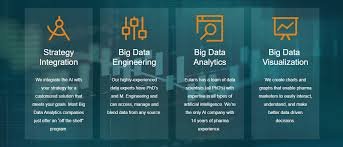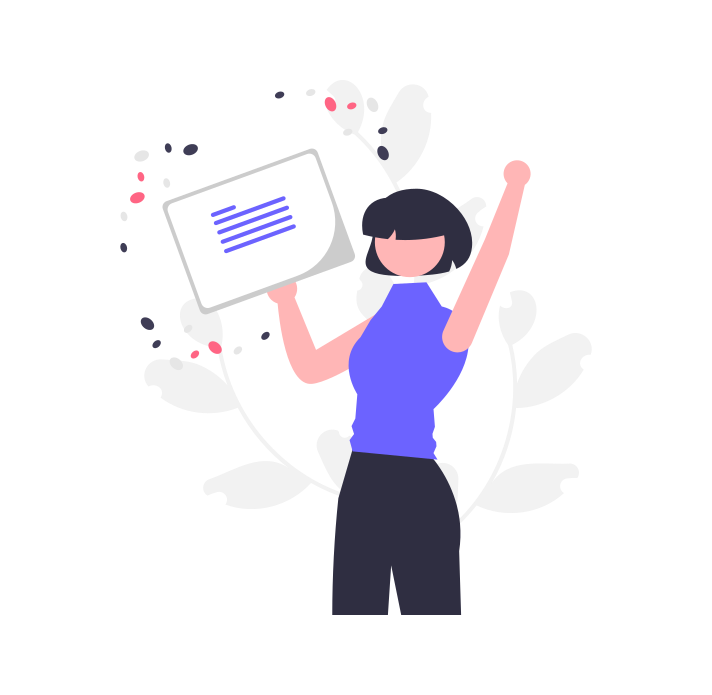Technology and Healthcare converge.

Within the pharmaceutical industry, there is a dynamic space where emerging Natural Language Processing (NLP) and Artificial Intelligence (AI) are becoming forces that enable powerful transformations. NLP AI in Pharma is a trend much bigger than just data processing … it is a drastic change in how medical research, drug discovery, and care are conceived and done.
Drug Discovery: Intelligent Research A New Era with NLP AI in Pharma:
By definition, pharmaceutical research has been painstakingly slow and resource-intensive on the traditional approach. This paradigm is fundamentally being changed by NLP AI in Pharma, as it allows researchers to move rather quickly and precisely through massive corpora of scientific literature. What if we could conceive of a system that could at once dig upon millions of research papers, medical journals, and clinical studies to tease out subtle signals that laborious human analysts might take years to find?
Previously, human cognitive limits limited molecular research, but NLP AI algorithms can now detect fine patterns and correlations that would otherwise escape notice. These are systems with incredible power to rapidly analyze complex genomic data, predict potential drug interactions, predict the influence of molecules, and so much more, and they can only be called intelligent systems. Pharmaceutical companies can speed the development of life-saving medications through the ability to reduce development times and earlier-stage computational complexities.
Clinical Trials: Patient Management efficiently and intelligently
Clinical trials, though, are a critical, but also very complex, phase of the development of a pharmaceutical product. NLP AI in Pharma intelligent patient-matching algorithms to screen potential participants with nearly perfect precision. Traditional recruitment methods used in traditional trials are manual and time-consuming processes that can both introduce biases and inefficiencies.
Now with the advent of these very complex advanced NLP technologies, researchers can start to build out sophisticated protocols that are going to automatically run inclusion and exclusion criteria to make sure that you have the most appropriate candidates for your clinical trials. Through feeding new data and parsing through patient records medical history and demographic data, the AI-driven system can develop highly niche targeting recruitment strategies. Not only do they get quicker trials done, but the end product; the more credible, representative, and reliable research results, is so much more.
Electronic Health Records and Medical Documentation.
The medical documentation problem has been to get what is being documented for healthcare delivery. Mounting is the threat to replace traditional laboratories with comprehensive patient care, as well as handwritten notes and clunky medical terminologies. Not surprisingly, NLP AI -Natural Language Processing for NLP AI in Pharma solving these problems.
But now with these complicated medical notes, we have created NLP algorithms to be able to read through these notes and bring them to the structured data so the healthcare systems can use them the easy way. Capabilities of this kind provide for greater interoperability with various kinds of medical equipment, reduce the possibility of medical apparatus problems in operation, and make possible constant 24-hour round-the-clock patient care. But now healthcare professionals have the whole record of patient history, all the details, all the deep history that’s possible.
Pharmacovigilance: Proactive Safety Monitoring
It’s NLP AI in Pharma, a patient safety-driven field, that is disrupting the market -especially for risk management and adverse event detection in pharmaceutical development, but really across all healthcare functions. Next, they are always watching; looking for medication risks in a truly wide dispersion of information, such as medical databases, social media platforms, or patient forums.
Pharmacovigilance was conventionally applied to manual reporting and retrospective evaluation. There was lot of time I spent here with NLP AI in Pharma turned around continuous proactive monitoring capabilities. In other words, if something is causing a bad reaction in maybe a little bit less than 1 in 2,000 people, it’s far more likely that those people won’t fragment out into the entire world if that pharmaceutical company or regulatory body can get and process safety issues quickly and at least have a chance to look at global health data.
Regulatory Compliance: Document Management
It is the pharmaceutical industry sector of which the industry concern is but the complexity and the evolution of the regulatory requirement imposed over it is complicated. The problem here is that NLP AI in Pharma is automatically analyzing and interpreting cumbersome regulatory documents to help streamline compliance processes so that pharmaceutical companies know that they are complying with documentation and regulatory reporting. These intelligent systems can see regulatory change, update standard operating procedures, and monitor full compliance. AnNLP AI in Pharma can assist pharmaceutical companies in reducing human error speeding up submission processes and moving faster and more successfully through the regulatory ‘land causing
Future Potential and technological Infrastructure
NLP in pharmaceuticals is on an upward trajectory as computational power is turned up and AI algorithms become more and more sophisticated. And a future me has things headed to personalized medicine, where intelligent systems can in silico make a prediction of the patient’s response to a drug or treatment, optimize the protocols, or find new therapeutics.
Conclusion: A Transformative Healthcare Ecosystem
Natural Language Processing and Artificial Intelligence are not technology alone; they are a game-changing shift in the world of healthcare research and delivery. is breaking down the walls and obstacles of data processing and analysis, making a pharmaceutical ecosystem more intelligent, responsive, and patient-centric.
For pharmaceutical organizations, the message is clear: It is not an optional thing to embrace these technologies. If you are investing in NLP AI infrastructure, and building interdisciplinary teams, it goes without saying: If you’re going to be pushing medical innovation mileage into the 21st century, you will be the one doing it.
NLP AI journey in Pharmaceutical is just starting and the ability to impact in the way of making this a better industry combined with unit economics is quite unlimited at this point.



